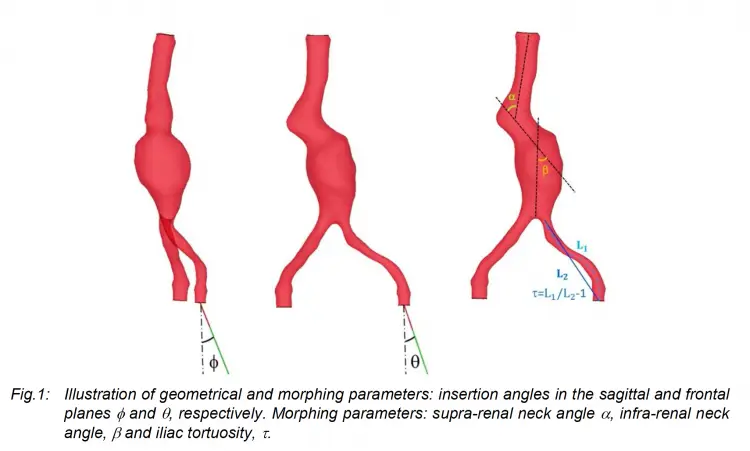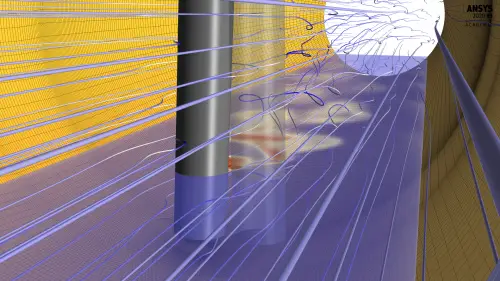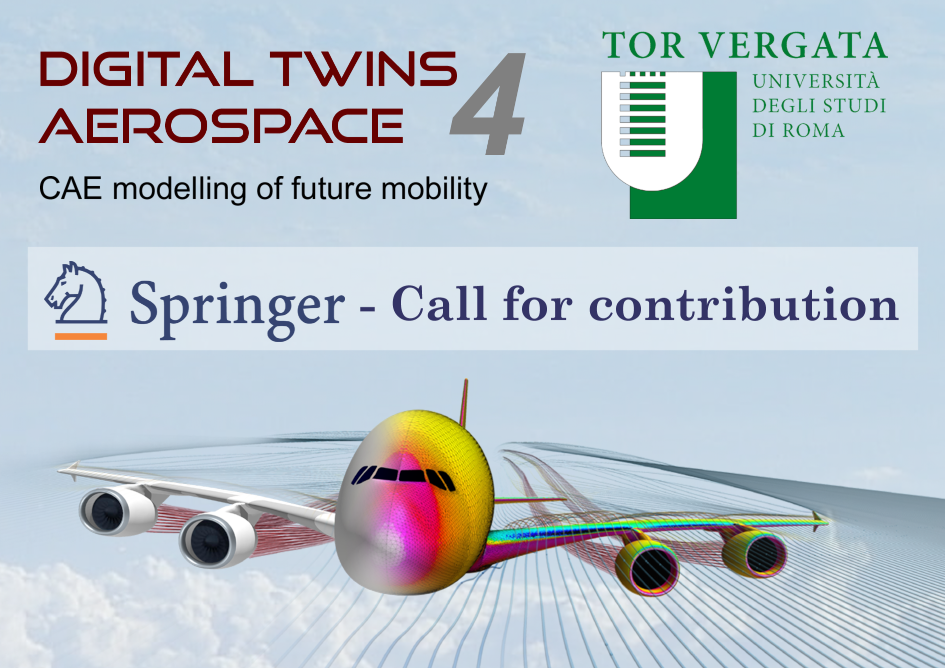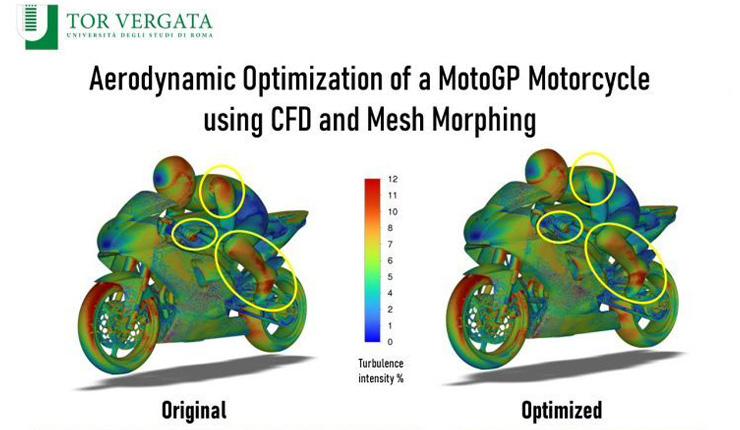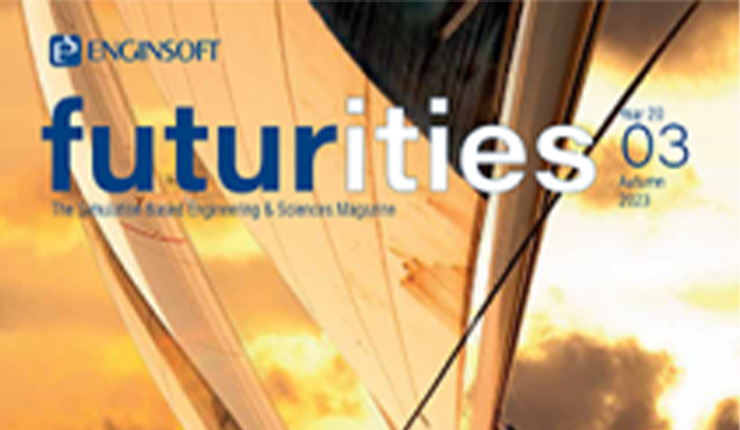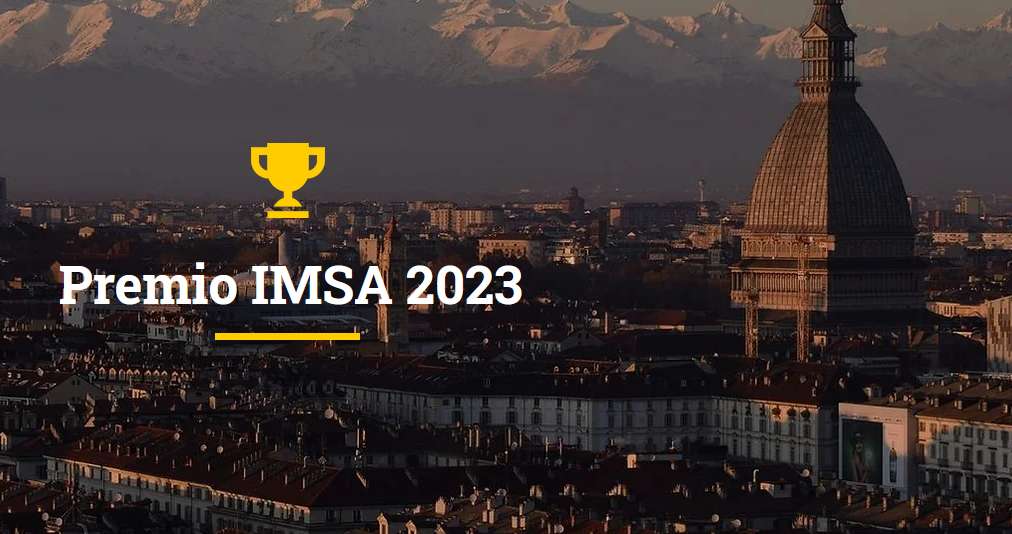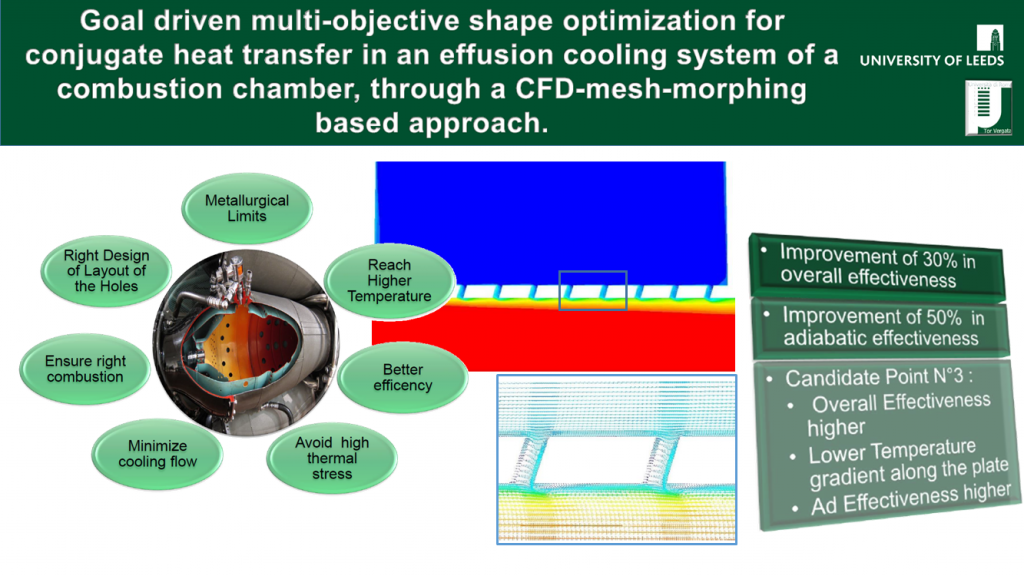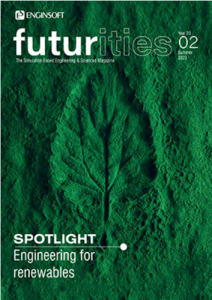Our paper presented at the 14th LS-DYNA Conference is now on the dynalook.com website
Exciting news to share! The 2023 proceedings have been unveiled on https://www.dynalook.com/, showcasing an impressive archive of over a hundred research papers. Our contribution to this repository is the paper titled “Reduced Order Model for Enhanced EVAR Planning and Navigation Guidance” Endovascular Aneurysm Repair (EVAR) is a revolutionary minimally invasive technique for treating abdominal aortic […]



